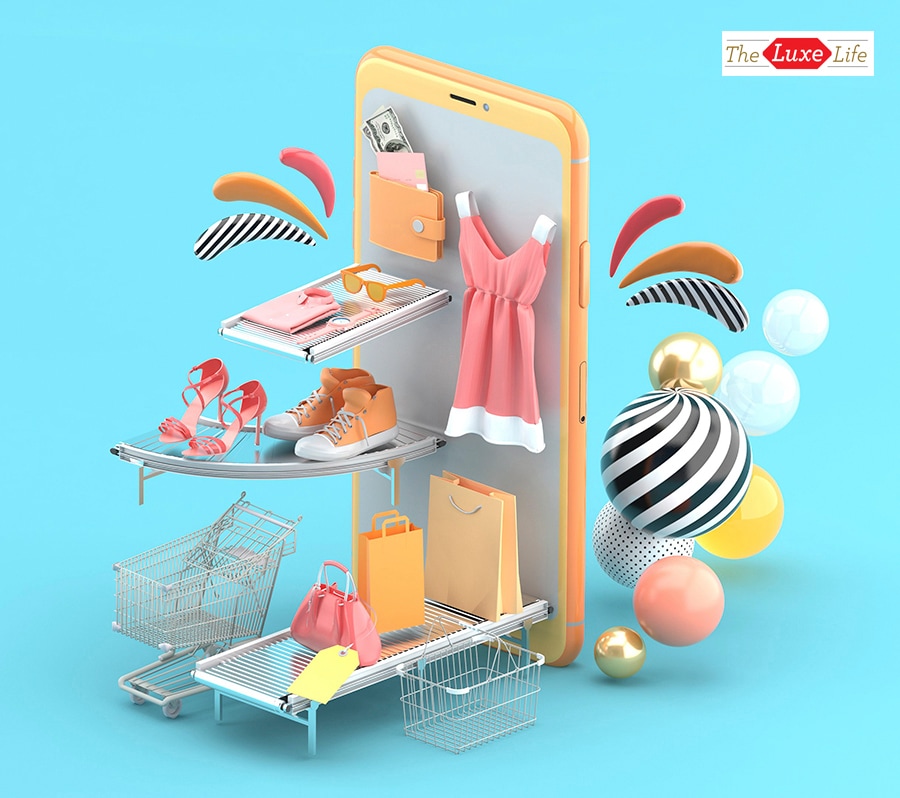Ahead of 2020, luxury is getting personal
Fuelled by—what else—social media and the Gen-Z effect, 'luxury' is rapidly becoming not about what you have, but who you are, and all that helps you project that image


 Image: Shutterstock[br] People, planet, profit: A nifty alliteration to shape a company’s cornerstones for most of the 21st century. But with 2020 around the corner, a new ‘P’ is ripe to complete the chain: Personalisation.
Image: Shutterstock[br] People, planet, profit: A nifty alliteration to shape a company’s cornerstones for most of the 21st century. But with 2020 around the corner, a new ‘P’ is ripe to complete the chain: Personalisation.
Fuelled by—what else—social media and the Gen-Z effect, ‘luxury’ is rapidly becoming not about what you have, but who you are, and all that helps you project that image. Buyers no longer want to showcase vast monogrammed collections of expensive things, but Instagram spectacular moments, wearing highly customised products.
“The very essence of luxury is based on the inflation of its symbolic value over the functional value of its goods and services,” writes Martina Olbertova, CEO of brand and cultural intelligence consultancy Meaning.Global, in its ‘Luxury Report 2019’. “Luxury costs more simply because it means more. This is why luxury brands can no longer take their past prominence for granted and instead need to look for new avenues of relevance, value and growth in better alignment with the culture.”
“Amidst the jargon, it’s important to note that customers have changed their mindset from buying to being,” says a report by British luxury brand alliance Walpole, titled ‘How to attract the luxury consumer in 2020’. It details that consumers want to be treated as individuals across age groups, and want to feel valued for who they truly are: Personally, socially and economically.
Across the board, then, brands have become ‘woke’ beyond CSR pitches. Burberry faced serious flak for choosing to burn stock worth millions Gucci went fur-free and supported a march for gun control Balenciaga has taken on global hunger. While India is yet to see concerted efforts from homegrown luxury brands, the first step seems to have been in choosing sustainability. Owning something ‘ethically made’ is the new luxury in India, as you will read in Jasodhara Banerjee’s story. Inclusion is another, as Divya Shekhar’s piece on plus-size luxury fashion explores.
At the heart of this transformation is, of course, technology. As luxury retail is moving beyond brick-and-mortar, brands are hunting for new ways to replicate that personal touch in a digital format. Artificial intelligence and machine learning are helping them customise the ecommerce experience for each customer, catered to his or her individual preferences. With spiffy augmented and virtual reality tools, the buying of a luxury product or service is turning into an extraordinary experience. Read about the functions of luxe tech in India beyond the gimmicks—and how it’s helping brands reach even Tier-4 consumers—in the coming pages.
It’s a rough time for the economy to be talking about extravagance. But does a slowdown affect India’s top-tier of buyers? You’ll find the answer in Naini Thaker and Pranit Sarda’s piece.
The year 2020 is but a few weeks away. The urgency to stand out and be counted is louder than ever—and the future, truly, is now.
First Published: Oct 10, 2019, 12:29
Subscribe Now